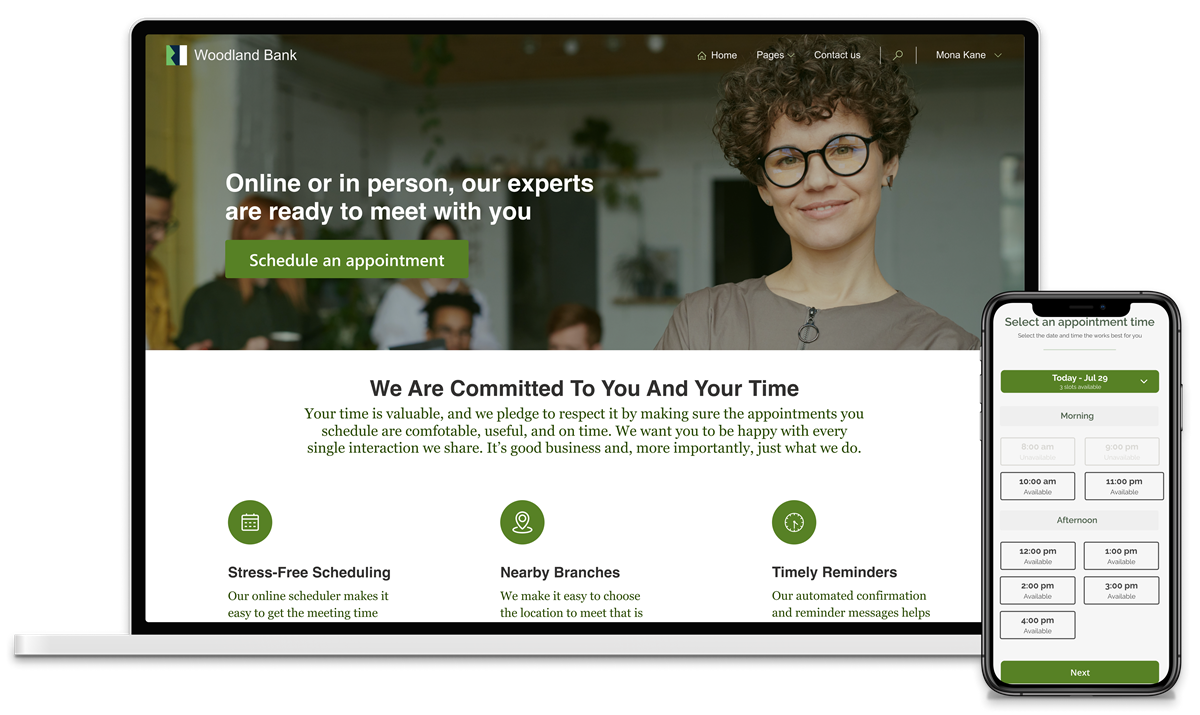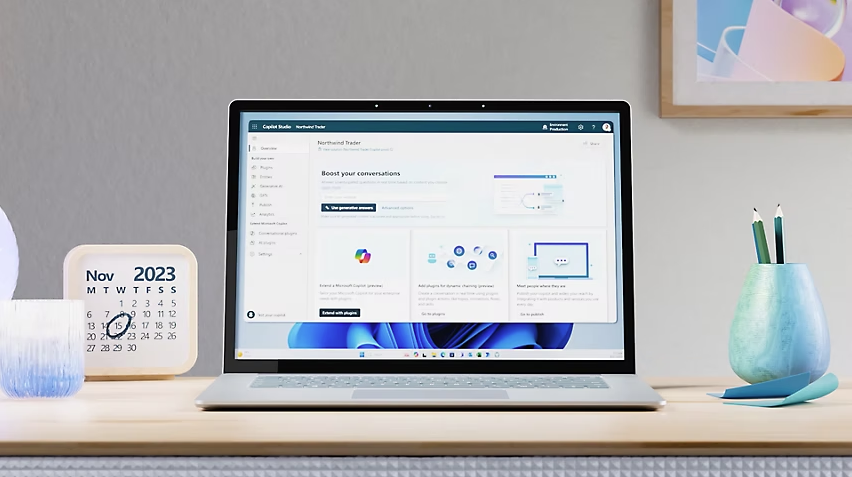Across a range of sectors from health to housing, from farm to food, frontline workers have played a critical role in maintaining service levels during the worst of the pandemic.
As we move out of lockdown, and to ensure business resilience in an increasingly uncertain world, we need to empower frontline staff with the right technology to perform their daily tasks efficiently and effectively, providing easy access to the information and data they need, supported by the ability to quickly collaborate with colleagues to achieve better business outcomes.
As organisations prepare for a COVID-19 VUCAD world (Volatile, Uncertain, Complex, Ambiguous and Digital), effective use of technology to support workplace collaboration and business process efficiency has become mission-critical to future growth and competitiveness.
Technology on its own, however, is not enough. It is people empowered by technology that makes the difference. Frontline staff need to be provided with innovative business solutions that enable rapid, continuous, integrated and scalable business process improvement including automation of mundane repetitive tasks.
Employee experiences and digital dexterity lie at the heart of the Modern Intelligent Workplace. In terms of the former, employee perceptions, feelings, motivations and satisfaction are directly correlated with positive customer outcomes and ROI.
Happy engaged employees = happy engaged customers.
Digital dexterity – the desire and willingness of employees to embrace existing and emerging technologies – is also a key factor in delivering successful business outcomes. This is a matter of both attitude and skills.
As technology moves out of the IT shop to all departments within an organisation, overcoming resistance to change by empowering people with the right technology and digital skills becomes critical. Employee demand for more access to intelligent technologies and reskilling opportunities is growing exponentially.
Advanced technologies cannot operate in isolation, they require people who understand how they work and can innovate, develop, and adapt to them. These changes are also reflected in the way employees perceive and interact with technology.
A recent PowerApps/Power Platform White Paper from Microsoft examines the way in which low-code and intelligent technologies contribute to addressing four key workforce and business process needs in the Modern Intelligent Workplace.

Equipping employees to use low-code and intelligent technologies = new business value.
The White Paper can be downloaded here – Data to the People: Empower Frontline Employees to Do More with Power Apps



